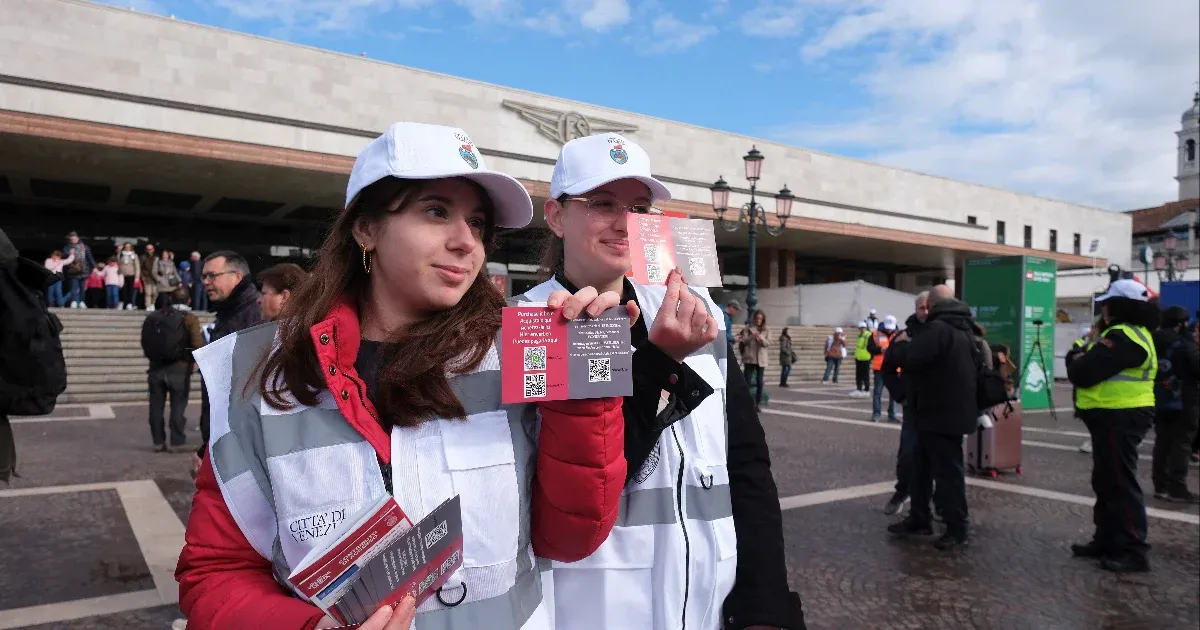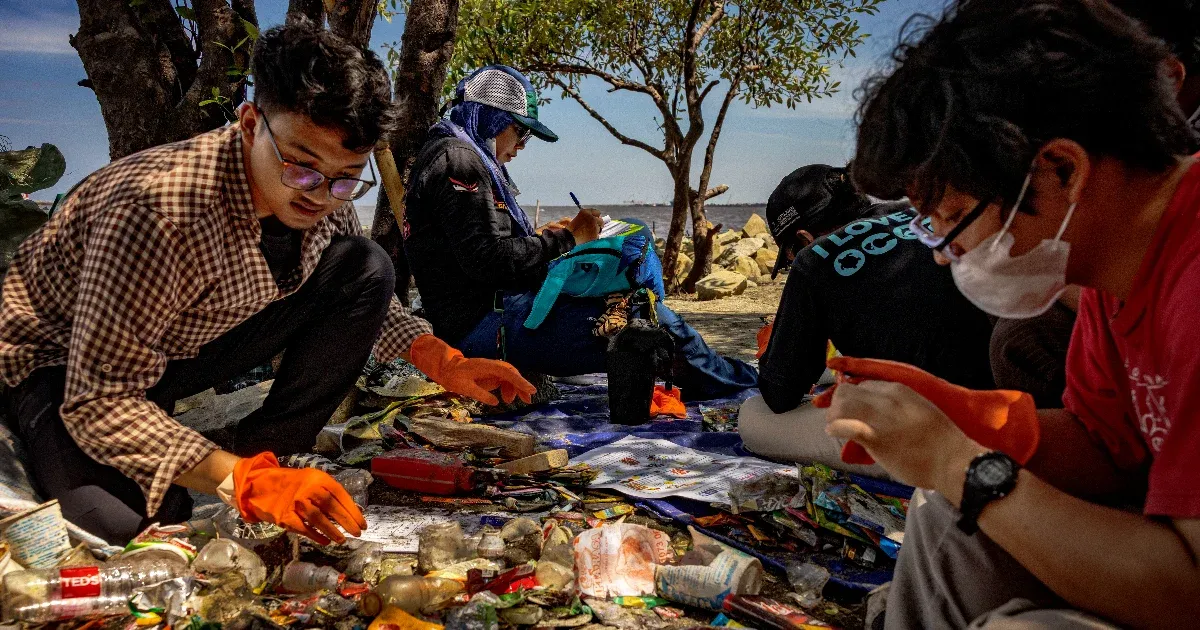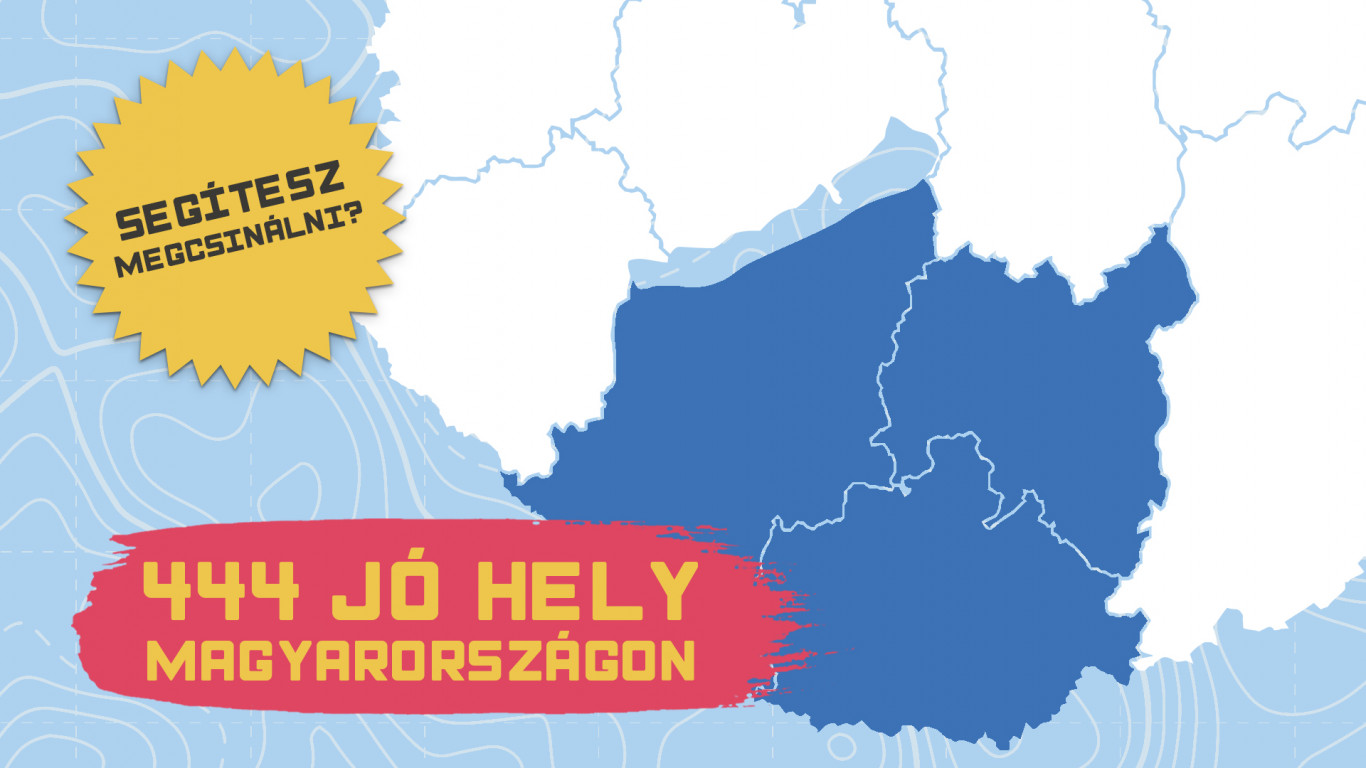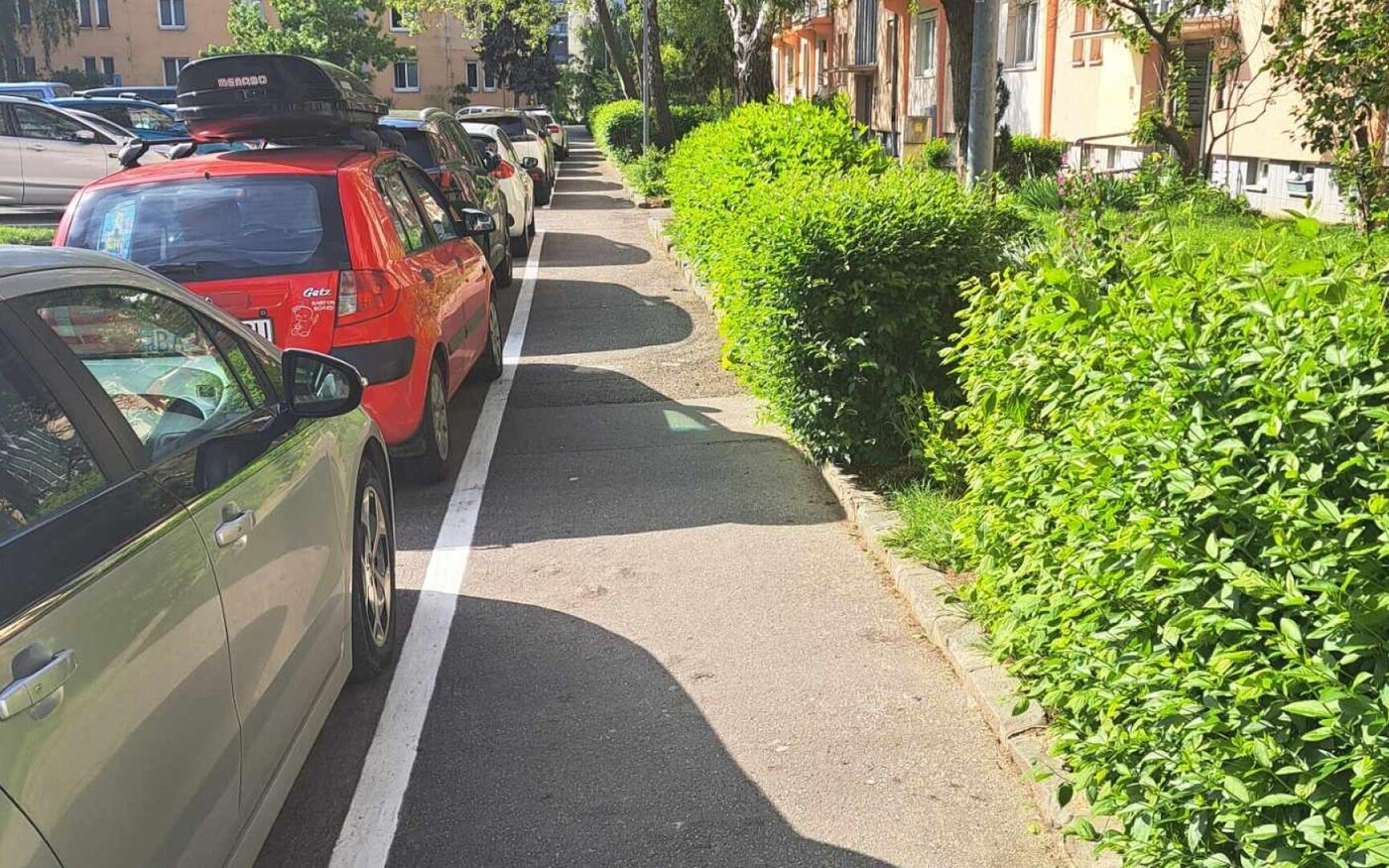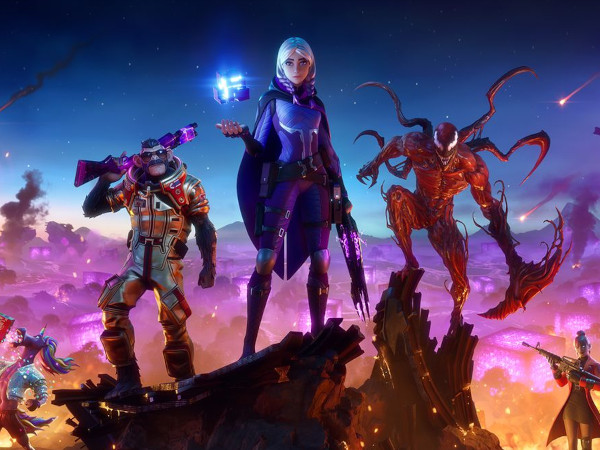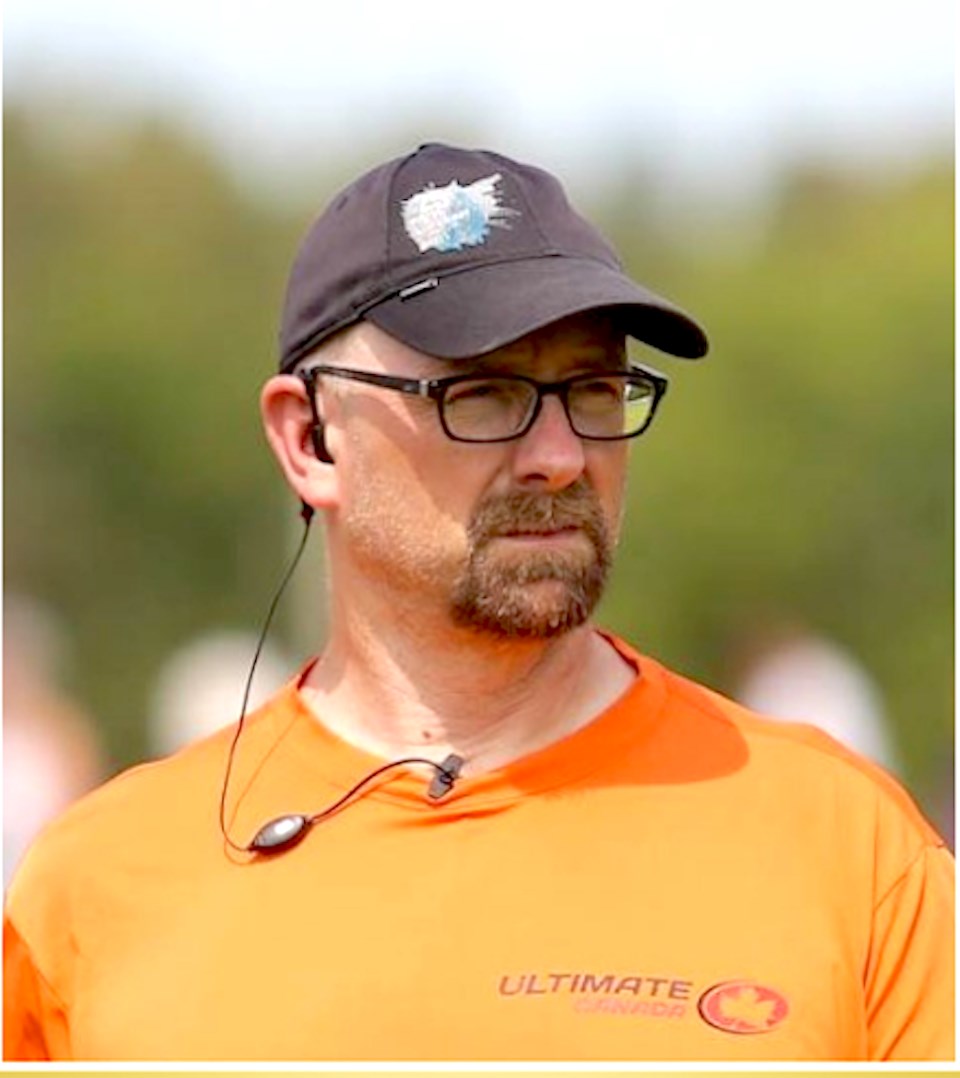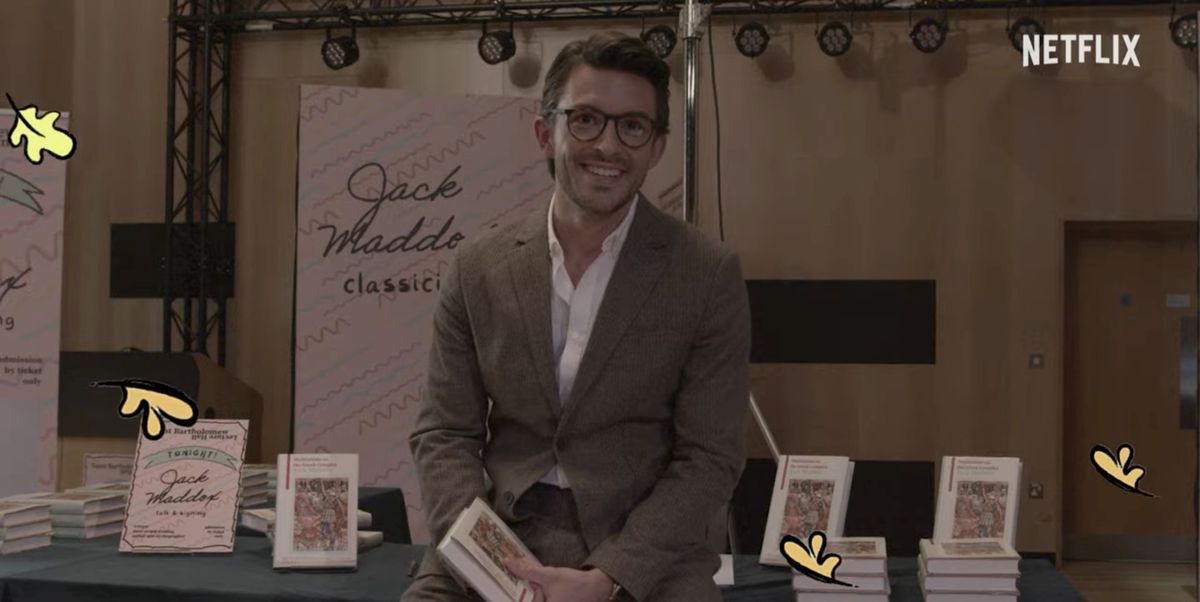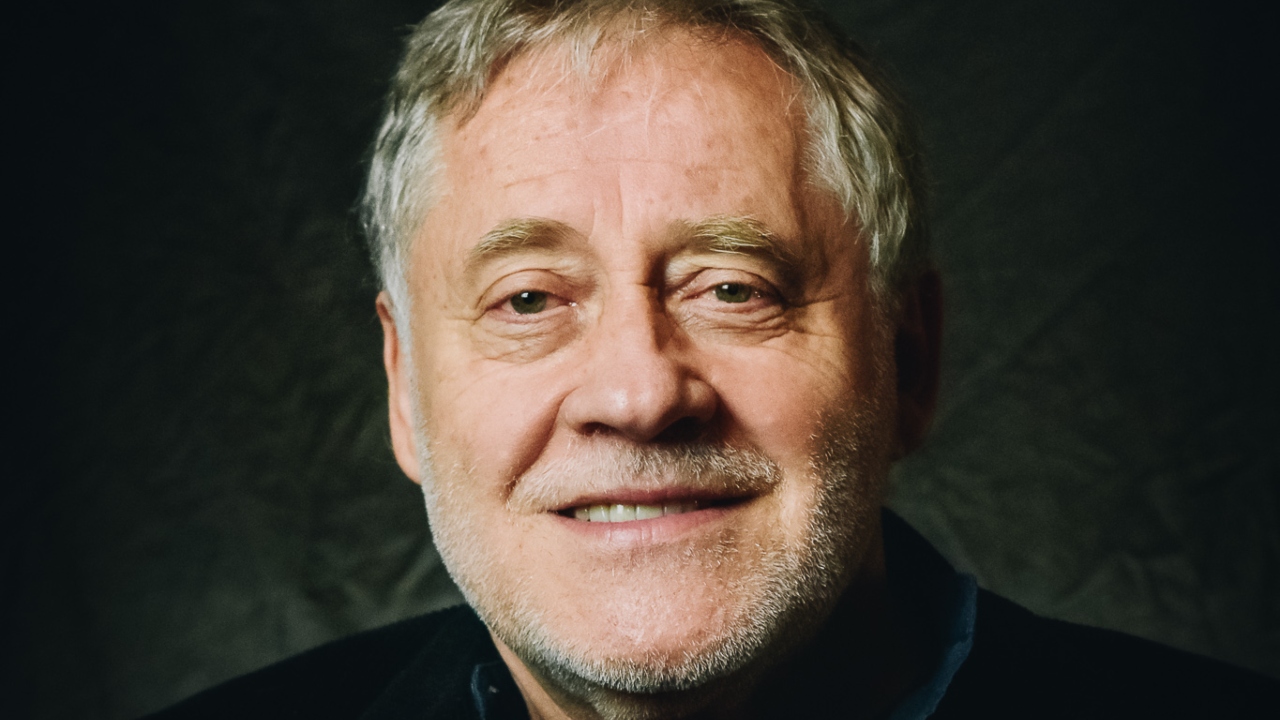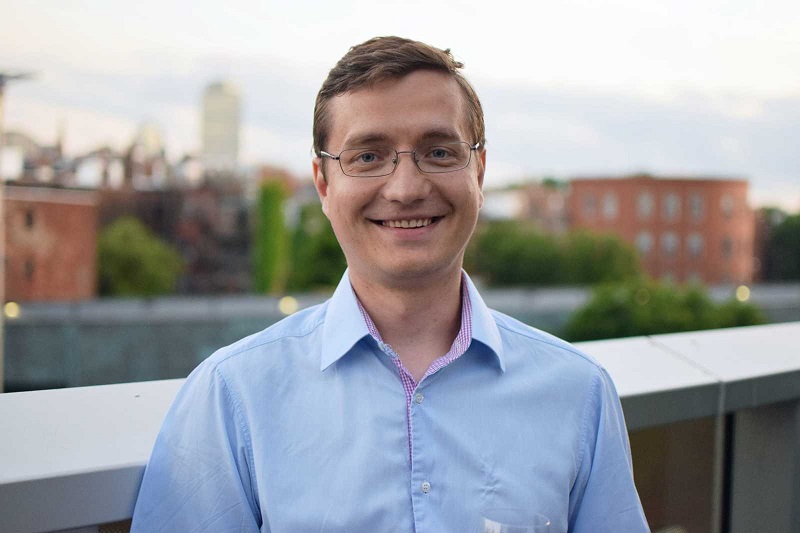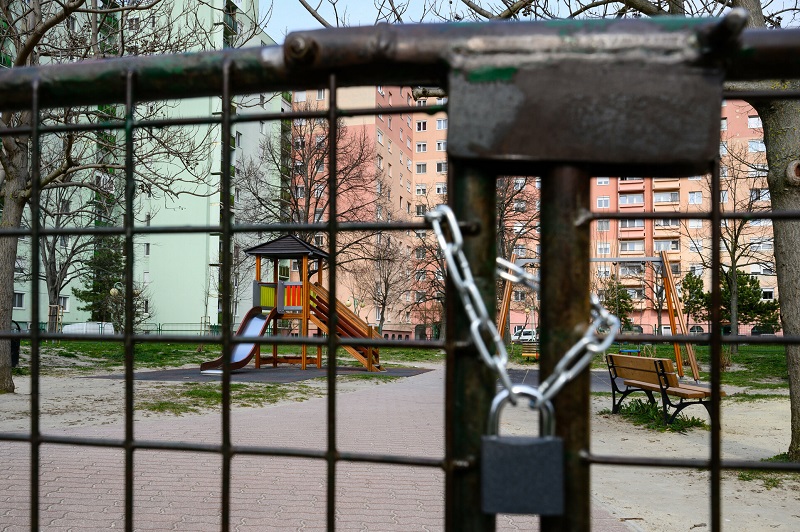Recently, Tedros Adhanom Ghebreyesus, Secretary General of the World Health Organization (WHO), declared that COVID-19 is no longer a global health emergency. Researcher Szilárd Fejér explained to Maszol that with regard to the pandemic, science has successfully passed the test, and scientists have been able to develop the vaccine at high speed. The politician passed only in a few countries, and did not pass the exam very well in Romania.
The Secretary-General of the World Health Organization has declared that it is time for every country to treat the coronavirus as a disease that will stay with us for the long term, rather than an emergency. On March 11, 2020, infections caused by SARS-CoV-2 coronavirus were declared a global pandemic by the World Health Organization, and since January 30, 2020, it has been designated an international public health emergency of concern. According to WHO estimates, around 20 million people around the world have lost their lives in this pandemic.
According to the Secretary General, the Coronavirus has changed our world. “If we go back to the way we lived before COVID-19, we will be making a mistake because we will not learn lessons and let future generations down,” he said.
Indicators are good, mortality is low
The epidemic is not over yet, and the global health emergency has ended, Szilard-Figer explained. He added that the epidemic is still with us, as infections are constantly appearing in the world, and we still cannot announce that the coronavirus has become part of the normal respiratory viruses. Since the trends are so good, this is likely to happen in the near future. He suggested that the global organization could have waited until winter to make the announcement, but the indicators are so good that they no longer make sense, because the moving average of daily deaths has not been that low since mid-March 2020.
In practice, the declaration means that individual states will manage the pandemic independently rather than an emergency, treating coronavirus infection as a disease that will stay with us for the long haul.
In response to our question about lessons that can be learned after the pandemic, Szilard Viger stated that this is a complex proposition, but it can be said: science has succeeded in withstanding the test, and the vaccine has been developed at high speed, saving people’s lives. About 17 million people in the first year after the introduction of the vaccine were saved. However, the politician passed the exam only in a few countries, not so much in Romania. You could see the rush to action, they weren’t consistent in the basis on which they made decisions, they didn’t properly build a sympathetic vaccination campaign. The researcher believes that when it was already clear that the desire to vaccinate was waning and conspiracy theories were spreading vigorously, it should have been tightened up and compulsory vaccination introduced. Many lives could have been saved by this decision, but they did not dare to take a political risk, the consequences of which can be measured in human lives. The lesson is that politicians should take scientific findings into account to a large extent, listen to scientists, and put their own interests behind them in such situations, says Szilard-Figer.
There are still risks
In the evolution of the coronavirus, it can be seen that, for the most part, there are different omicron sub-variants ubiquitous, and that the virus “plays” to avoid population-acquired immunity. Most people in Romania now have protection through infection, and the virus is trying to change in a way that avoids this immunity. It cannot change to the extent that it looks like a completely new virus that the immune system has not yet encountered, and it can spread, but sooner or later the immune system will notice it and fight it off. Therefore, there is a much lower risk of developing a serious disease if infected, although this risk is still present in the older age group, in the case of chronic immunosuppressed patients. The expert noted that deaths still occur, but the number is nowhere near what we witnessed in the delta wave.
Another danger is that we do not know how many chronically infected people around the world, who have the virus in their bodies, are constantly adapting and evolving, and it may happen that the new mutation of the delta variant is viable. No one can predict this, but based on the law of large numbers, there are sure to be plenty of chronically infected people who can’t clear the virus from their bodies, and we can only hope that the mutants won’t be viable.
Another risk factor is the return of viruses from animals to humans. Szilard Viger indicated that the infection returned to humans from a white-tailed deer infected with Covid-19 in the United States. The question is in which direction the pathogen continues to mutate in animals and how it jumps back to humans. At the same time, if there is no unexpected mutation of the virus, sooner or later the coronavirus epidemic will be as severe as influenza, with two or three smaller waves per year. We’re not there yet, but if there’s one or two waves of coronavirus a year with the severity of the flu, the number of people with the flu and the number of people with the flu, and health, will be doubled. The system will be somewhat burdened than it was three or four years ago. Szilárd Fejér also touched on the fact that a lot of testing has been done during the pandemic, and if any new epidemic emerges, there is no need to rebuild testing capacity, and it can be reactivated around the world at any time.
16/9 or 1920 x 1080
Just own








